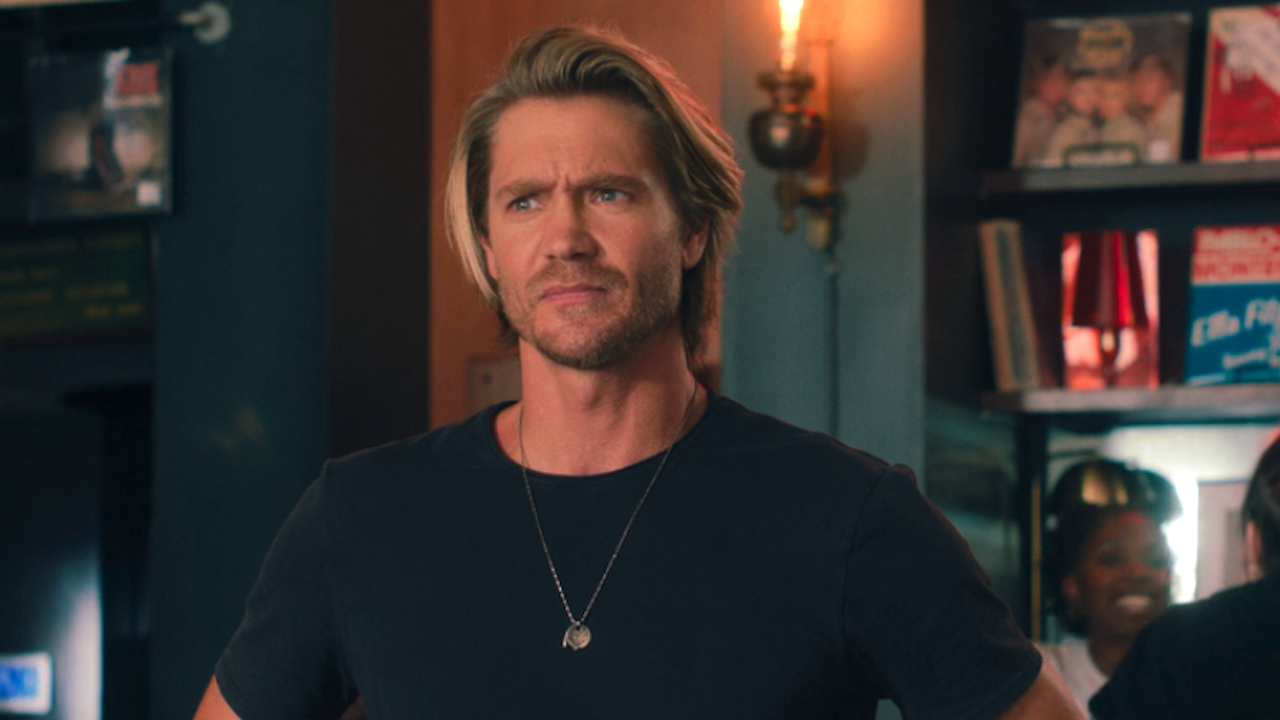Every Arrow Season, Ranked By Greatness
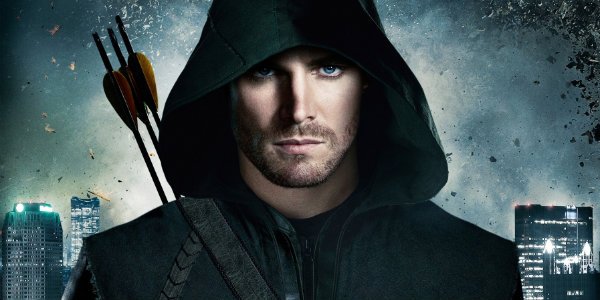
It's impossible not to commend The CW for what it's accomplished with Arrow. Not only has Green Arrow become a household name for TV viewers, but Oliver Queen's adventures paved the way for an entire small screen Arrow-verse of DC Comics characters. That's pretty good when we reflect on the fact that Green Arrow was, at one point, considered little more than a green-tinted carbon copy of Batman. Now, with five seasons under its belt, The Emerald Archer's solo series has made it incredibly easy to see what works and what doesn't work in a typical season.
To make sense of the last five years, we've ranked every season of Arrow that has aired on The CW to date, picking through the details and carefully putting together this list, with specific reasons why each season worked, as well as reasons why each didn't. Check our rankings out, and make sure to chime in with your opinion on your favorite season of Arrow in the poll at the bottom! Now, without further ado, let's dropkick this off with Arrow's weakest season to date: Season 4.
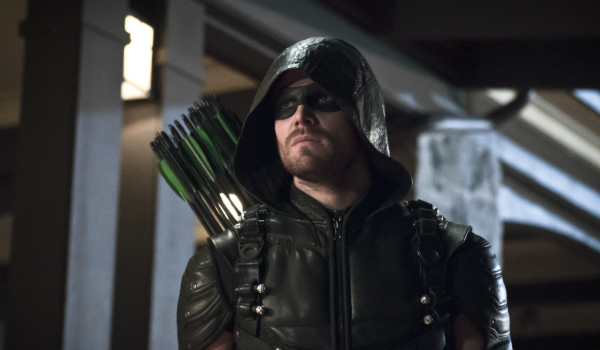
5. Season 4
What Made it Great: It Properly Introduced Magic Into The Arrow-verse
For all of its faults, Season 4 of Arrow deserves quite a bit of credit for giving audiences a proper introduction to the magical elements that had previously only really been hinted at. Neal McDonough's Damien Darhk made a great supernatural villain for Team Arrow to face off against throughout the season, and the heavy inclusion of mysticism established during his arc as Oliver's nemesis set the stage for several other impressive magic-based encounters. However, that wasn't enough to make up for everything Season 4 did wrong.
What Made It Not Great: Everything Else
Despite the inherent fun of magic showing up in the Arrow-verse, pretty much everything else about Season 4 falls flat from beginning to end. Yes, Damien Darhk is a great villain, but we quickly learned that the show couldn't sustain his supernatural menace over the course of a 23-episode season without showing quite natural cracks. Couple that with some feeble subplots (cough Andy Diggle cough), peak Olicity/baby mama drama, and the death of Laurel, and Season 4 of Arrow easily bottoms out as the worst of the show's run.
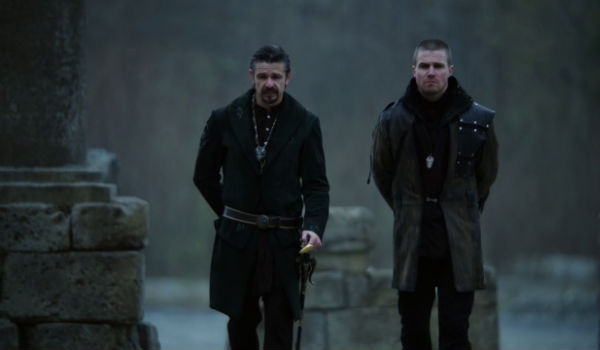
4. Season 3
What Made it Great: It Expanded The Arrow-verse Arguably Better Than Any Other Season
Your Daily Blend of Entertainment News
Season 3 was where Arrow really started to become what it is today. Roy Harper suited up as Arsenal, Thea Queen became a badass fighter in her own right, and the season served as the jumping off point for Barry Allen's Flash series. On top of that, the show incorporated numerous familiar DC characters and elements, like Ra's al Ghul and Wildcat, into the equation. The result was a gritty season that, while still on the weaker side, featured several of the show's best moments.
What Made It Not Great: The Birth of Olicity
Although Season 3 of Arrow was vital in setting up several essential elements that would carry the show into the future, it was also the season in which the Olicity relationship took center stage. Many fans fell in love with Oliver and Felicity's flirtatious relationship in Seasons 1 and 2, but like The Office's Jim and Pam, it arguably quickly grew stale when the romance materialized. Olicity took attention away from the super heroics and eventually made Laurel a fundamentally less important character, much to the chagrin of Black Canary fans.
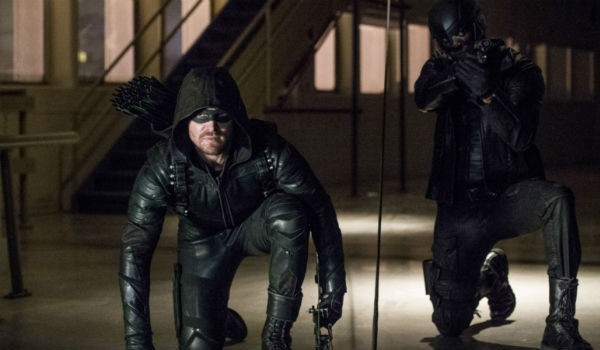
3. Season 5
What Made it Great: The Emphasis On Legacy and Oliver's Past
The most important accomplishment of the most recent season of Arrow was its return to grounded, personal storytelling similar to that which made the first two seasons such quality viewing. Creating a maniacal arch nemesis in the form of Adrian "Prometheus" Chase was a stroke of genius on the part of the writers, and Season 5 placed a newfound emphasis on examining the implications of Oliver's time away from Star City, as well as his first year under the hood as a cold-blooded killer.
What Made It Not Great: The Storytelling Eventually Went In Circles
Season 5 is undeniably a notable improvement over the two seasons that preceded it, but like Season 4, it eventually found itself bogged down by circular storytelling. The brewing conflict between Prometheus and Green Arrow worked incredibly well, but the story often felt artificially stretched out to fill up an entire season of running time. Season 5 ended on a high note (and with a huge bang), but what the show accomplished in 23 episodes could've been done in far fewer.
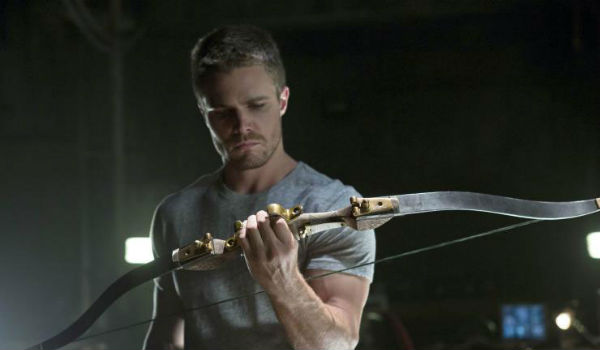
2. Season 1
What Made it Great: The Dark and Gritty Tone
Sometimes it's easy to forget that Arrow debuted in a post-Smallville and pre-Daredevil landscape. Its freshman season featured a grittiness and dark tone that was unprecedented for a comic book TV show at the time of its release, and its incredibly cinematic production values made it an easy sell for DC fans. In many ways, Season 1 of Arrow was, and continues to be, a breath of fresh air, and its gripping Oliver Queen origin story is one of the best small screen narratives of its kind.
What Made It Not Great: It Had Yet To Find Its Dramatic Footing
In retrospect, Arrow's biggest weakness during its earliest run of episodes is something that every Arrow-verse series has struggled to deal with during a Season 1 arc. Tasked with the responsibilities of establishing an entirely new DC landscape, Arrow fell into many typical "origin story" traps during its first season, and it often tried to get on its feet by relying on tried and sometimes true concepts established in films like Batman Begins. Things clearly worked, but Season 1 of Arrow lacks a certain sense of originality that it would eventually adopt.
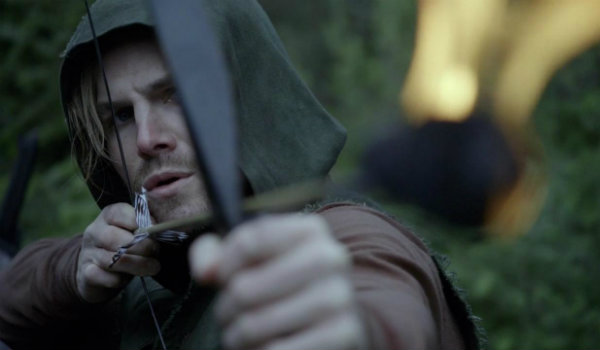
1. Season 2
What Made it Great: Practically Everything
It's hard to pinpoint one particular thing that Season 2 of Arrow did right, because the entire 2013-2014 story arc of the series was (and still is) damn-near perfect. The second season brought about a growth in confidence to tell its fantastical stories, and it married the past and present narratives beautifully. Its 23-episode arc moved with a momentum that has yet to be topped, and Season 2 matched Season 1's grit with the show's current DC fidelity, exemplified what the show, and the Arrow-verse as a whole, can do at its peak.
What Made It Not Great: Oliver's Arc Never Quite Added Up
The biggest arc of Arrow's second season is Oliver Queen's journey to go from a murderous vigilante to a bonafide hero. Although he technically makes that jump by the end of the season, it's a trek that never really stuck. Following Season 2, Oliver oscillated between maintaining a willingness to kill to refusing to take a life. and Season 2 does end on a fantastic note when Oliver refuses to kill Slade. Still, it never properly paid off on that character growth in its subsequent seasons.
Stay tuned to CinemaBlend for more news on Arrow Season 6 as it's revealed, and check out our summer TV premiere schedule to see everything you'll need to be watching in the near future.
This poll is no longer available.
Originally from Connecticut, Conner grew up in San Diego and graduated from Chapman University in 2014. He now lives in Los Angeles working in and around the entertainment industry and can mostly be found binging horror movies and chugging coffee.

